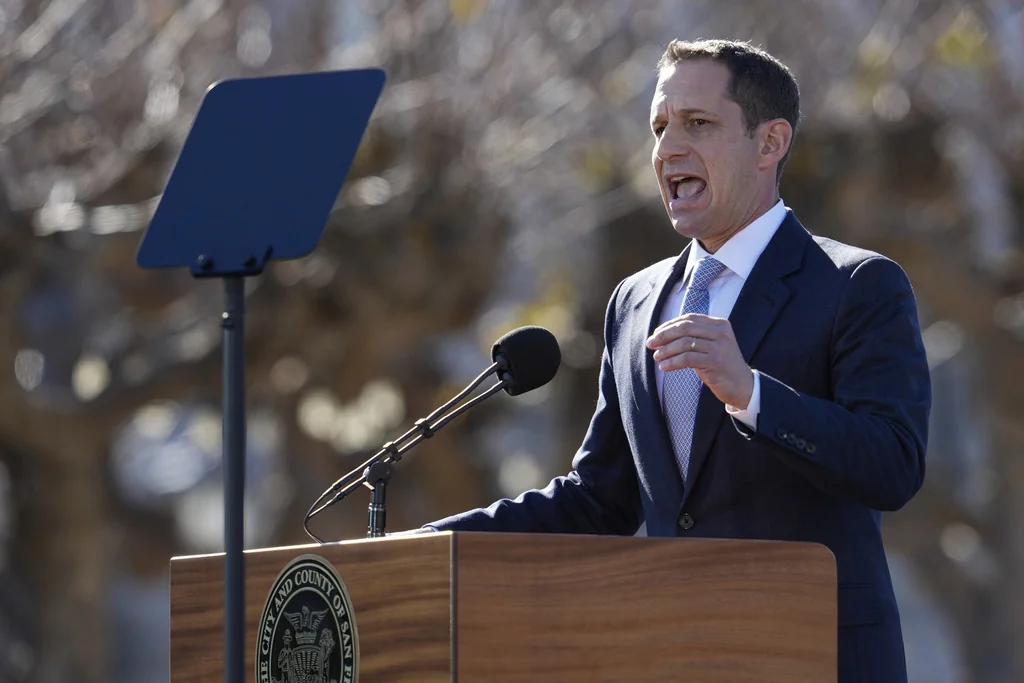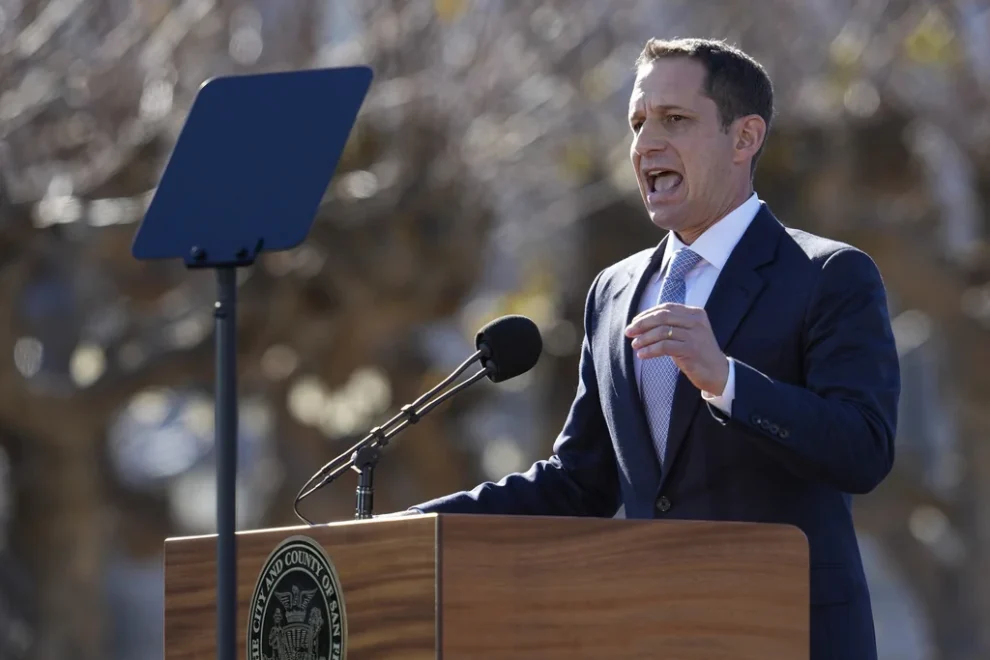San Francisco Mayor Daniel Lurie’s latest solution to the city’s homelessness and drug crisis involves displacing 82 residents from a behavioral health hospital to make space for a crisis psychiatric ward serving those on the streets.
Soon, patients at the Behavioral Health Center at Zuckerberg San Francisco General Hospital, such as Donna Mateer, who have complicated histories with mental illness, will have to leave a place she calls home, according to a report by the San Francisco Standard on Wednesday.

When Mateer was 14, she stole a wedding dress. In her 30s, she tried taking her own life by overdosing on pills. She had her stomach pumped and was diagnosed with bipolar disorder. For the next 10 to 15 years, Mateer cycled through filthy and dilapidated board-and-care facilities and single-room occupancy hotels.
In the 2000s, she arrived at the Behavioral Health Center at Zuckerberg San Francisco General Hospital and finally found stability with a staff that cared about her, made sure she took her medicine and ate during depressive episodes, but also gave her the freedom to do things such as play her guitar for other residents.
Before the end of the year, the 66-year-old will have to move. So will the facility’s 81 other residents.
Lurie hasn’t said where exactly they will go or how the quality of care will be where they land. His office has few, if any, answers for the mental health residents they are evicting, only saying they won’t be forced out before the fall.
The goal of Lurie’s administration is to move homeless residents and drug addicted residents who have severe mental health issues into the hospital for rehabilitation. Only one floor is locked in the current center. The remodeled one will consist of completely locked beds for patients who need round-the-clock psychiatric care.
City officials acknowledge the move is unsettling, with many hospital and city staff repeating the phrase “change is hard,” but they maintain that the demand for locked psychiatric beds takes priority.
However, current residents and their families, shaped by difficult past experiences at outside facilities, are reluctant to leave.
Mateer told the San Francisco Standard she’s worried about what might happen if forced to leave.
“I might come down again, and where am I going to hide?” she said. “I need this place.”
Family members of BHC residents have praised the facility as safe, orderly, and professional, a far cry from the treatment they’ve received in other places where staff were uncaring and patients would go days without eating, or were allowed to wander away.
Antoinette Conde’s brother, Elmer, who has schizophrenia, has lived on the first floor of the BHC for five years and loves it. His previous facility was in the Mission District, which was shut down due to unsanitary conditions. Before that, Elmer Conde had to leave another home, the South Van Ness Manor, when it closed.
“My experience and his experience were not good at all,” Antoinette Conde said. “[The facilities] were poorly managed, and the staff were mean.”
That’s the experience Rozelle Trizuto’s daughter Angela also had. Angela, 41, lives at BHC.
“My daughter and I have had vast experience with these psychiatric board-and-care places,” Trizuto said. “They’re horrible. Absolutely horrid, every single one of them.”
One Mission facility Angela Trizuto spent time in had bedbugs, and another had a “rathole that looked like it should have been a storage closet,” her mother said.
Kate Brady, board director for the National Alliance on Mental Illness San Francisco, said there are simply not enough locked beds in San Francisco to accommodate the growing need.
NEARLY 11 MILLION UNINSURED UNDER ONE BIG BEAUTIFUL BILL ACT, CBO SAYS
“Everybody is getting shipped outside of the city,” Brady said.
Calls to the mayor’s office for comment were not returned.
























